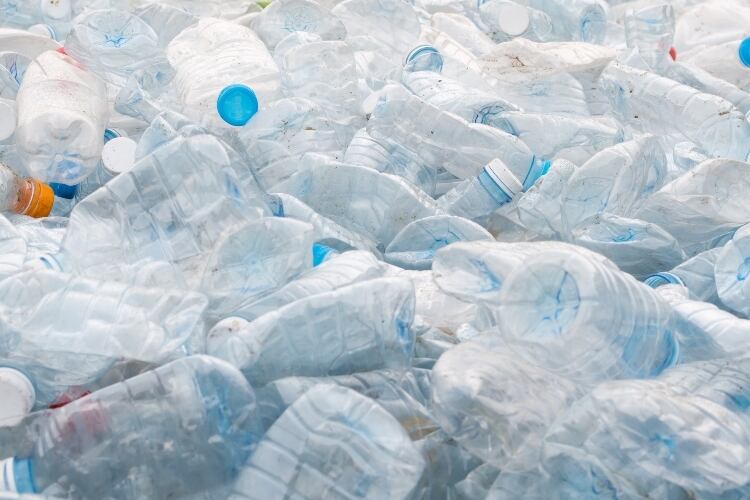The article is co-authored by scientists at Carbios and at the company’s academic partner, the Toulouse Biotechnology Institute (TBI).
The article describes the development of a novel enzyme, which can biologically depolymerize all polyethylene terephthalate (PET) plastic waste, followed by an efficient recycling into new bottles.
PET is the most common thermoplastic polymer and is used to manufacture bottles, polyester clothing fibers, food containers, and various thermoformed packaging and components.
Carbios’ recycling process, the first of its kind, initiates a real transition to a circular economy and can better prevent plastic pollution. The technology also paves the way for recycling PET fibers, another major challenge in guaranteeing a clean and protected environment for future generations.
Prof. Alain Marty, Carbios’ chief scientific officer and co-author of the Nature article, said, “I am very proud that Nature, one of the most highly respected scientific journals in the world, has validated the quality of the research led by Carbios and TBI laboratory scientists in developing a PET recycling enzyme and a revolutionary process. The results obtained confirm the industrial and commercial potential of the Company’s proprietary process, which will be tested in 2021 in our demonstration plant in the heart of the French Chemical Valley, near Lyon.”
Dr Saleh Jabarin, Distinguished Professor at The University of Toledo, Ohio, and a member of Carbios’ scientific committee, said, “It’s a real breakthrough in the recycling and manufacturing of PET. Thanks to the innovative technology developed by Carbios, the PET industry will become truly circular, which is the goal for all players in this industry, especially brand-owners, PET producers and our civilization as a whole.”
Dr Philippe Pouletty, CEO of Truffle Capital and co-founder of Carbios, said, “Carbios is the first company to successfully combine the two scientific worlds of enzymology and plastics.”
Carbios and TBI were able to increase the degradation yield of PET waste to 90% in 10 hours, a significant upswing from the initial degradation yield of 1% after several weeks.

